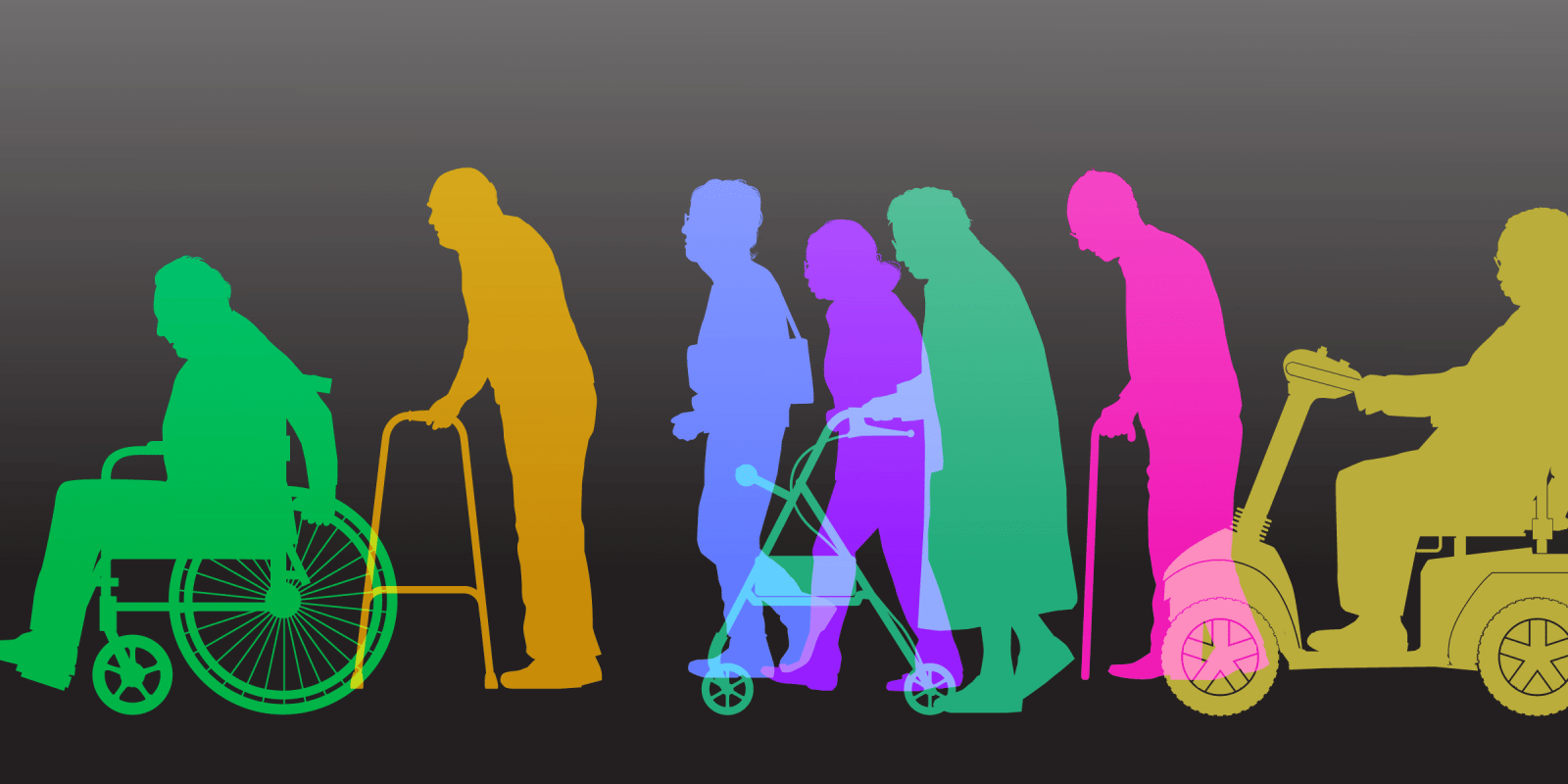Immunosuppressive therapies targeting B-cell activity are considered highly efficacious based on two large, blind clinical trials and numerous retrospective and prospective cohort studies. However, there is limited data regarding the utility of B-cell therapies in older patients with MS (MS). At ECTRIMS-ACTRIMS 2023, Yi Chao Foong, a doctoral student at Monash University and neuroimmunology fellow at Alfred Health, presented on a comparative study of ocrelizumab to interferon/glatiramer acetate in patients with MS over 60 years of age.
This real-world study utilized prospective multicenter data collected for the MSBase clinical registry. MSBASE is an international, online prospective registry and platform for collaborative outcomes research in MS. The rationale for this retrospective study was that with advancing age, the inflammatory aspect of MS is reduced and neurodegeneration predominates, and there is increased risk of severe infection with high-efficacy therapies such as ocrelizumab. In addition, de-escalation studies have had varying results as it related to continued disability and activity in aging patients. Eligible patients were those older than 60 who started or switched to ocrelizumab or interferon or glatiramer acetate (BRACE group). The primary study outcomes were the annualized relapse rate (ARR) and the time to first clinical relapse for each group. Key secondary outcomes were 24-week confirmed disability progression (CDP) and 24-week confirmed disability improvement (CDI) seen on at least two consecutive visits. Patients were matched based upon age, gender, country, disease duration, baseline expanded disability status scale (EDSS) score, prior disease modifying therapy (DMT), prior use of high-efficacy DMT and pre-study relapse activity.
The study groups were well matched, though the ocrelizumab group had a higher baseline EDSS. More than a third of patients in both groups had relapse activity before baseline. The ocrelizumab group was followed for a median of 2.47 years, and the BRACE group followed for a median of 4.48 years. Overall, the OCR group had a lower ARR compared with the BRACE group, with an ARR ratio of 0.15 (CI 0.06-0.33, p<0.01). Stated another way, when the ocrelizumab group was compared to the BRACE group, there was an 85% reduction in ARR. When evaluating the time to first relapse, a separation between the treatment groups was seen as early as five months after treatment initiation with a weighted hazard ratio of 0.11 in favor of ocrelizumab. However, when comparing both CDP and CDI, there was no statistical difference between groups.
The authors concluded that — overall — ocrelizumab is highly effective in reducing relapse activity in patients with MS older than 60 years of age, with a clear differential treatment effect seen as early as five months after treatment initiation. While there were no differences seen for disability measures, this study adds real-world evidence of the nuanced benefit in favor of highly effective treatments in older patients with MS.
Dr. John Anil Lincoln has no conflicts of interest to report.
Image by smartboy10 / GettyImages







